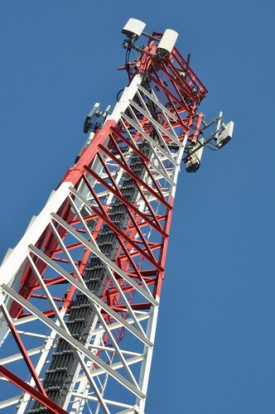Cellphone Tower Tracking Without Court Order Considered in NJ Supreme Court

Image from Shutterstock.
Does the government need a warrant when it uses cellphone towers to track individuals? That’s a question currently being considered by the New Jersey Supreme Court.
In State of New Jersey v. Thomas W. Earls, the government argues that the tracking in question doesn’t invade someone’s privacy, according to Record of Bergen County, N.J. Privacy groups hope the court will see things differently, and build on this year’s U.S. Supreme Court opinion that found attaching a GPS device on an individual’s vehicle without a warrant violated his 4th Amendment rights. Oral arguments take place Monday.
Thomas W. Earls was suspected in a series of residential burglaries. Police received real-time cellphone locations from his provider three times on one day, according to an amicus brief (PDF) filed by the American Civil Liberties Union of New Jersey Foundation and the Association of Criminal Defense Lawyers of New Jersey. Earls pleaded guilty to burglary and theft charges, but later reopened his case.
In July 2011, the Supreme Court of New Jersey Appellate Division found that determining Earls’ general location on public roads, or other places where there is no expectation of privacy, did not violate his constitutional rights.
Hat tip: How Appealing.



